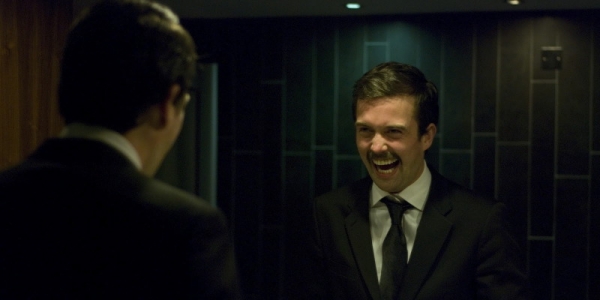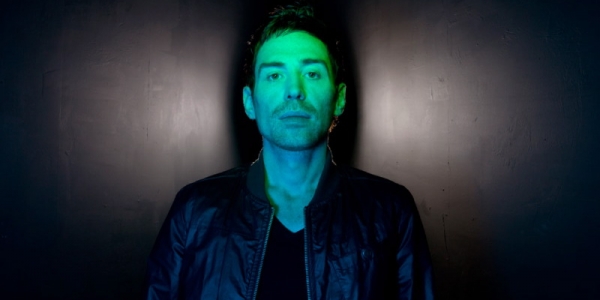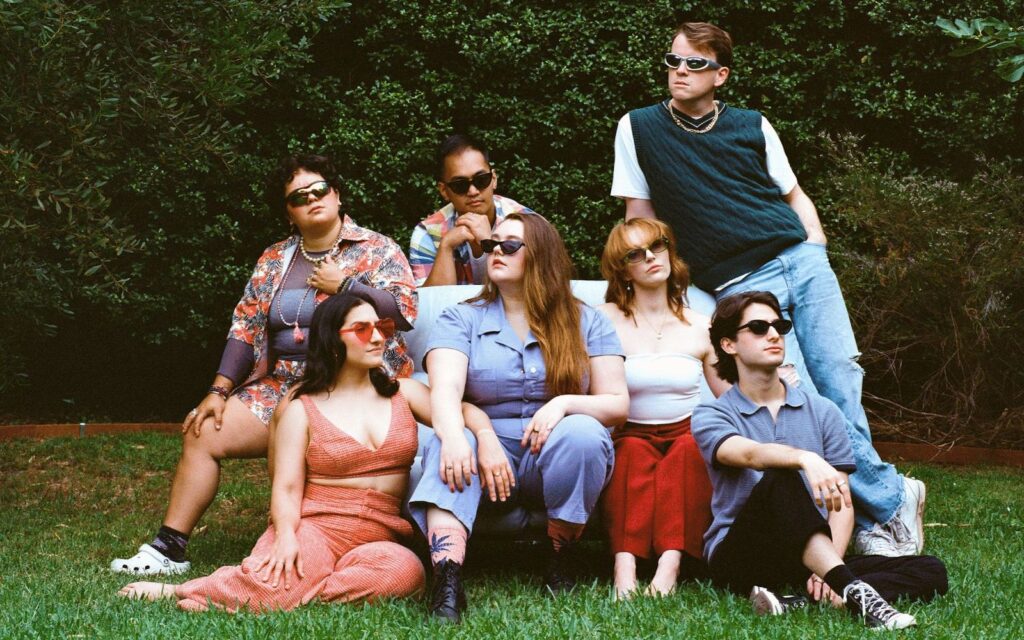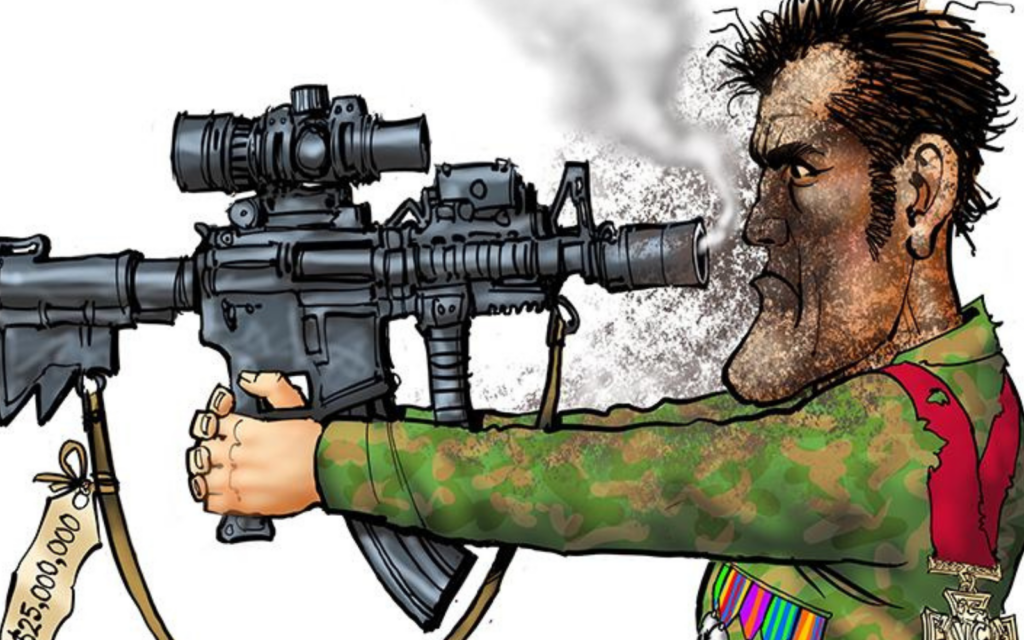“It’s caused such mayhem in Ireland,” he says. “It became a national talking point. Because I was such an arsehole, and there were so many people who wanted to point out that I was an arsehole; and then there were others that wanted to point out that it was a revolution, and that the film was a very important piece of cinema. Nothing like this has ever happened in Ireland before and it completely divided people – as a cultural phenomenon in itself, but also as a reflection of our times.”
On the phone from Dublin, where he says the weather is “mostly fuckin’ shit”, the writer reflects equally bleakly on the country’s post-GFC state of affairs that led him to create the misanthropic epic that is Charlie Casanova, his first feature film. “On the simplest level it’s about a ruling class sociopath who marks down a working class girl in a hit and run, and then he uses a deck of playing cards to determine his fate,” he says. “It’s a very obvious metaphor for what’s happening in Ireland, where a small controlling elite are destroying the country. The working-class are being formally attacked through government policy and the most rabid dehumanising.”
Through the sadistic lens of its lead character the 90-mintute exercise of power began, as most scripts often do, as a small seed, a frustration or an irritant, by incidents which McMahon saw were blatantly reinforcing the entrapment of the working-class Irish. “What inspired me were two incidents,” he says. “The first was a killing where a bunch of young men kicked another man to death. That can happen in any context, but what happened here, afterwards, is more interesting. All these guy’s daddies were connected and they walked free because of how powerful their fathers were.
“There was another incident where a young man, a librarian, was beaten to within an inch of his life on the main street here, Grafton Street, and again, because the two guys were from a certain area, from a certain elite background, they walked as well. So when both of those happened it interested me a lot. They were a very obvious manifestation of how separate the system was, for how powerful it was for some and how powerless it was for others.
“And then I spent a lot of time in different realms where you had this new breed of young man that was hyped up on coke and Viagra and they were so insecure that they would fuck a stranger, but wouldn’t make them feel manly enough, so they’d pick a fight with a stranger, and usually to do with their own sense of emasculation they would try and attack somebody from the working class. All of those combined made me want to write a firmly reprehensible central character.”
Once written, the film was handed over to an English director and producer to be created, but after watching initial test shots McMahon pulled it. “They just didn’t get it,” he says. “Eventually, I knew that nobody was going to make it because it’s a very difficult script. It’s a very difficult film. And I knew that a lot of people were going to hate it but I also thought that some people might understand it, might get it.”
So McMahon reached out to legions on social media, asking for cast, crew, equipment “and a lot of balls” to shoot the picture. Overwhelmed with responses, they began three weeks later and the picture was shot in 11 days. It was then selected for its world premiere at SXSW – marking the beginning of McMahon’s ordeal with the fickle screening public. “We’ve had standing ovations and we’ve had walkouts. We’ve had applause and fistfights. We’ve had extraordinary reviews and absolutely awful.”
It was the first Irish film that was selected for SXSW and it played at the Edinburgh Film Festival, but McMahon still notes that it is an abrasive piece. “In Ireland and the UK the critics just murdered it. It was fascinating, it’s almost a personal attack. But you’ve gotta take it on the chin, cause it’s an anti-establishment film and the establishment are going to become anti it, and anti the filmmakers. But it’s a divisive film. I knew from the outset it was going to be a divisive film.”
McMahon picks his battles, evidently, and considers that the film has overcome most cinematic odds in even being made, let alone picked up for distribution and screened internationally. And it may be his proudest moment. Where once he used to “[Write] really shit television screenplays for other directors,” he’s emerged from his own shadow and can stand with a completed work that he’s proud of.
“I wanted to, for just once in your fucking life, make something for the right reasons. Not money, not fame, not for any of that bullshit, but to make a film that was the kind of film you’d like to see.”
BY BELLA ARNOTT-HOARE







